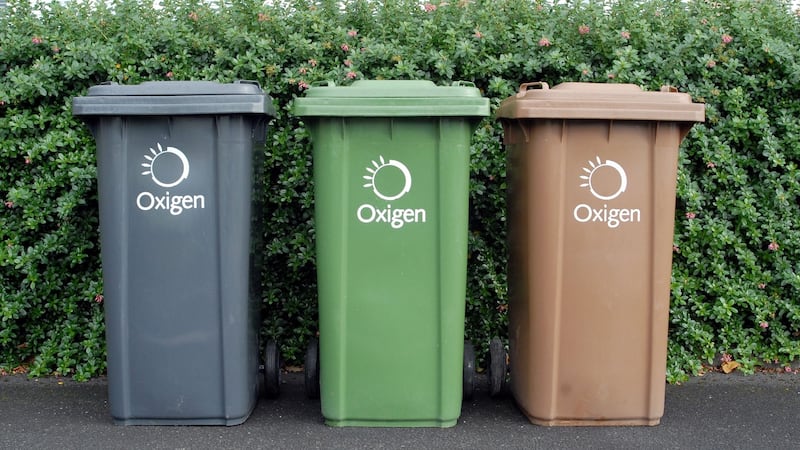A Galway-based campus company has developed a new kind of cleaning wipe which it says could have an “enormous impact” in arresting the spread of coronavirus.
Aquila Bioscience, a spin-out company from the National University of Ireland Galway (NUIG) founded in 2012, has come up with a cellulose-based material for wipes and masks that is designed to capture and trap viruses and other microbes in the material, thereby reducing their transmission.
Although the product was originally developed for defence purposes, the company says it can be used effectively to wipe skin and other surfaces clean of coronavirus.
The wipes have been trialled on biological threats such as ricin and anthrax, according to Aquila founder, Prof Lokesh Joshi, a biochemist at NUIG.
“At the time no one had heard of Covid-19 but when this hit we found the wipes have a specific chemistry that can capture this virus too. The product is in development now, and could have a huge global impact on the current outbreak.”
While traditional cleaning agents used in wipes such as bleach or hydrogen peroxide are cheaper, they are problematic for human skin and for the environment.
Prof Joshi says the new Abwipe biological decontamination technology is safe to use even around the eyes as well as being biodegradable.
Having been tested in Ireland and the Czech Republic following funding from the European Defence Agency, he says the product is now "ready to go", and the company is liaising with manufacturing partners.
It has also been contacted by makers of surgical masks about the possibility of using the technology to provide extra protection for healthcare workers dealing with cases of the disease.
Pathogens
The cellulose-based material makes use of the natural characteristics of carbohydrate proteins to create a form of “nano-scale” velcro that traps pathogens, according to Joshi.
“In nature humans and animals produce milk, urine and saliva/mucus full of specific proteins and carbohydrates that bind to pathogen cells to protect us. This is what inspired us to develop a mechanism to stop the pathogens ‘running away’ with a wipe.”
















